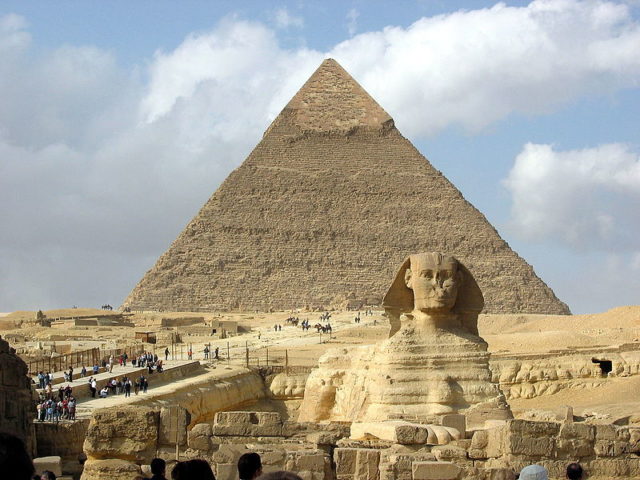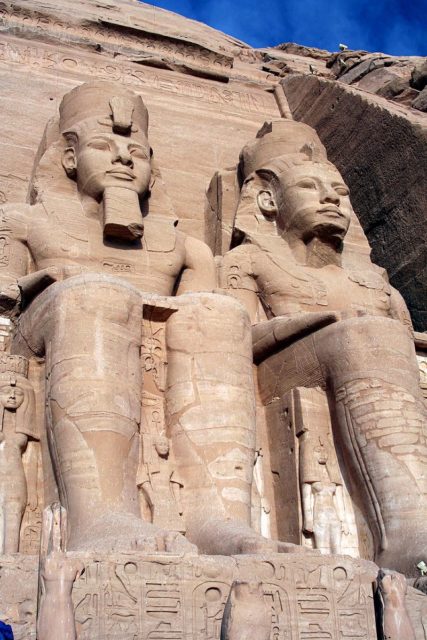Despite the origins of the great Egyptian civilization seeming an agreed upon matter, there are some alternative and often plausible theories suggesting much older beginnings for Ancient Egypt. Researchers propounding this theory cite numerous ancient texts that clearly indicate that the history of the Ancient Egyptians can be traced back to pre-dynastic Egypt. That well before the first pharaohs reigned Egypt. However, the sheer negligence of the mainstream researchers towards any further probing into the possible revision of the established and accepted history of Egypt is beyond comprehension.
One might be surprised to learn the fact that although it seems as if we know pretty much everything there is to know about the Egyptians, considering the amount of work done so far on the subject. However, there is still much more to learn about the Ancient Egyptians, especially their mysterious origins.

Ever since the start of European Egyptology in late 19th century, the history of Egyptian civilization has been split into three distinct periods: the Old, Middle, and New Kingdoms. This to some researchers has been the most detrimental aspect of the study of one of the most significant periods of perhaps the whole of human history.
Mainstream Egyptologists have categorized the story of Ancient Egypt into myth and fact; the history of pre-dynastic Egypt has been placed in the myth corner, while anything from Menes-Narmer all through to Graeco-Roman era is considered a historical fact. Anyone with even a passing acquaintance with archaeology and ancient civilizations knows that there must never be a full stop in the narrative about the origins, cultures, demise, and other important aspects of an ancient civilization. This is due to the ever changing nature of the evidence, and if an archaeologist digs with a presupposed understandings of an ancient culture they will place the newly discovered evidence in the already established framework: this approach contains in itself the potential to lead the study on an entirely different course.
When it comes to the authenticity regarding the Pharaonic traditions and Ancient Egypt, the modern researchers and archaeologists overwhelmingly rely on the interpretations of Egyptian High Priest Manetho. Manetho wrote extensively about the Pharaohs and origins of the Ancient Egypt, his knowledge and understanding were due to his unlimited access to the Library of Alexandria. Manetho formulated his version of the Pharaohs and ancient Egyptian cultures and wrote a history of 30 volumes; he made extensive references to the existence of divine beings that supposedly ruled over Egypt well before the emergence of Pharaohs.

Modern Egyptology is heavily reliant on the writings and interpretations of Manetho’s writings, and researchers make full use of Manetho’s references, considering it a very reliable tool in the study of the dynasties. However, the strange aspect of this affair is that the same Egyptologists, for some reason, completely overlook the record of pre-dynastic Egypt in Manetho’s accounts – pages after pages of details about a thriving ancient Egypt. This begs the question as to why modern researchers have been adhering to such selective bias towards the history of Egypt. Will it ever be possible to challenge this wrong tradition of inquiry, or will it remain the sole narrative about one of the greatest civilizations to ever live on earth?
